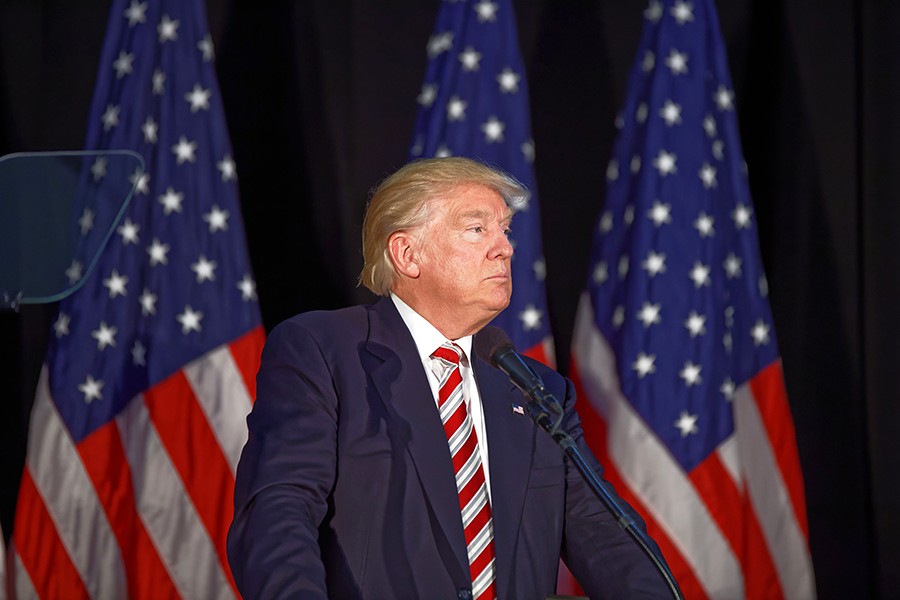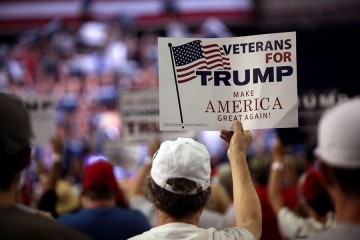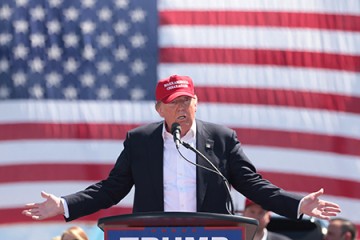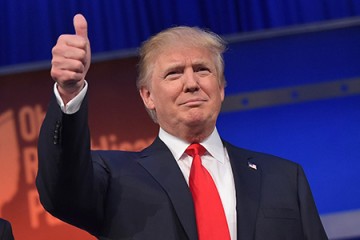Donald Trump pulled off a stunning election upset on Tuesday night, defying polls that generally agreed he was a considerable underdog and defeating Hillary Clinton to become the 45th president of the United States.
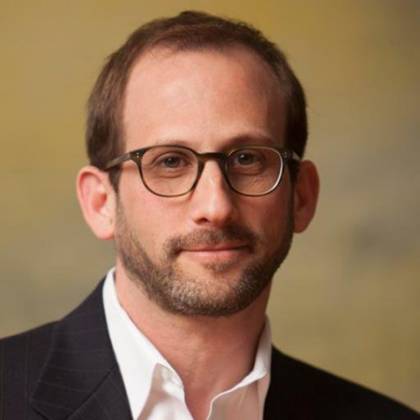
Image caption: Adam Sheingate
How did Trump do it? For insight and analysis, we reached out to Adam Sheingate, professor and chair of political science at Johns Hopkins University. Sheingate teaches courses on American politics and institutions at the graduate and undergraduate levels and is the author of Building a Business of Politics: The Rise of Political Consulting and the Transformation of American Democracy (Oxford University Press, 2016).
How do you explain what happened last night?
Since 1948, only once has a party won three consecutive presidential elections—in 1988 when George H.W. Bush succeeded Reagan's two terms. Last night reminds us how difficult it is to pull off a three-peat.
What did the "experts" miss?
Clearly, there was a massive polling failure in 2016. Most likely, this is because pollsters misjudged the composition of the electorate (more rural and more Republican than expected) in their forecasts.
But this points to a deeper failure: underestimating the depth of resentment, fear, and disaffection in our politics right now. This is not something you can discover by taking a survey. It only comes from engaging with people directly in the communities where they live.
What does a Donald Trump presidency look like?
Presidents are powerful, not omnipotent. Trump will have to work with Congress to push through his agenda. Perhaps surprisingly, the combination of a Trump presidency with GOP control of the House and Senate will lead to more in-fighting among Republicans, not less. That said, we will see a more conservative Supreme Court, a more punitive immigration policy, and less influence for the United States abroad.
What does Trump's win mean for the future of democracy in America and around the world?
Ultimately, I am an optimist. American institutions are robust. In part this is because the Constitution creates a system that is designed to prevent demagogues like Trump from amassing too much power. However, the presidency today is much more powerful than it was when the framers met in Philadelphia. We have seen an erosion of democratic norms in the last few months, not just in the United States but around the world. Democracy is fragile; handle with care.
Posted in Voices+Opinion, Politics+Society
Tagged politics, adam sheingate, election 2016




